Alan Smithee is the worst film-maker who ever stepped into Hollywood. The man has directed some of the most disappointing movies ever made, and was at his high during the second half of the 20th century. Only thing, he isn’t real. As you may have guessed from the title of this article, Alan Smithee, the person, never existed. His name was a pseudonym used by directors who didn’t wish to be associated with films that they were a part of. Smithee’s wasn’t the only fake name that was used, by the way. Sam Lowry, Mary Ann Bernard, and Peter Andrews were pseudonyms used by film-maker Steven Soderbergh alone (although he used them for purposes other than disowning his pictures, and not necessarily in the director’s field). Film wasn’t the only creative medium that these were used for either. Paul Procopolis, for example, was the name used by record labels to sell various artists’ compilation pieces under one name.
Now this brings up an interesting question: why do directors disown their own films? Well, like the popular incident with ‘Fantastic Four’ (2015), which was disowned by director Josh Trank (who didn’t use a pseudonym as the practice had pretty much died by then) through a tweet he posted, the studio may interfere with the views of the film-maker and restrict their creative freedom, causing confusion and leading to the release of a film contrived and directionless. According to the Director’s Guild of America, such casting aside can only be done if the filmmaker in question proves that their artistic vision was disregarded or misused. The list below sheds light on some of the directors who rejected their films using fake names, and explains the reasons as to why they might have done so. After all, no one sets out to make a bad movie.
12. Michael Mann
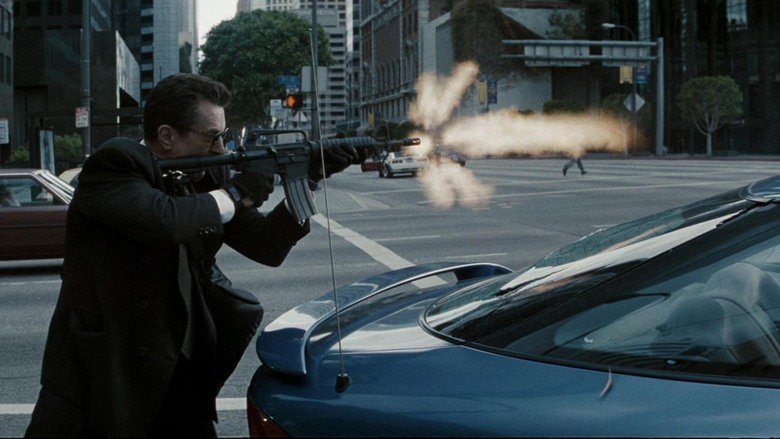
- Pseudonym: Alan Smithee
- Film: Heat (1995)
Michael Mann’s ‘Heat’ is one of the best crime films ever made as well as one of the greatest movies of all time, but only in its theatrical version. When the film was to be shown on airlines and television channels, it had to be edited so that the viewing demographic could be considerably increased and no one would feel insulted or offended by the content. Mann wasn’t too pleased with the idea, and therefore asked to have his name removed from these versions, as he did not wish to be associated with them. Most of the time, such edits ruin what the director had in mind, and make his or her perspective or vision harder to understand. It acts as a block that doesn’t allow freedom of expression, and the final product feels incomplete. In the case of ‘Heat’, a near perfect film, removing scenes or lines of dialogue from it would only have reduced the picture’s overall quality.
11. Andy House
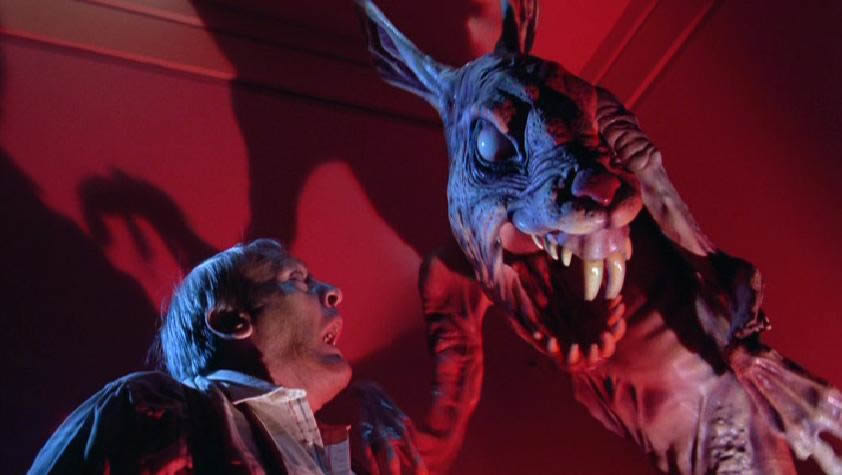
- Pseudonym: Alan Smithee
- Film: Twilight Zone: The Movie (1983)
The directors of this film were Steven Spielberg, John Landis, Joe Dante, and George Miller. The person who disowned this film was in fact Second Assistant Director Andy House, who became one of the very few assistant directors to ever do so. His cited the helicopter accident that occurred during production as his reason for rejecting his involvement with the picture. During the filming of a segment in the movie titled “Time Out” (directed by John Landis), in the early hours of the morning on July 23, 1982, a lack of communication led to the mishap that took the lives of two young children and actor Vic Morrow. Following the troubling incident was a court case that was quite high-profile, and illegalities that took place while filming the scene only added to the already aggressive situation. The use of practical helicopter effects have since been restricted in film to as minimum an amount as possible. The deaths were caught on camera, and the film was later continued with the omission of all scenes involving the deceased. Due to the terribleness of what happened, it is understandable as to why Andy House may not have wanted his name listed in the credits of the picture.
10. David O. Russell
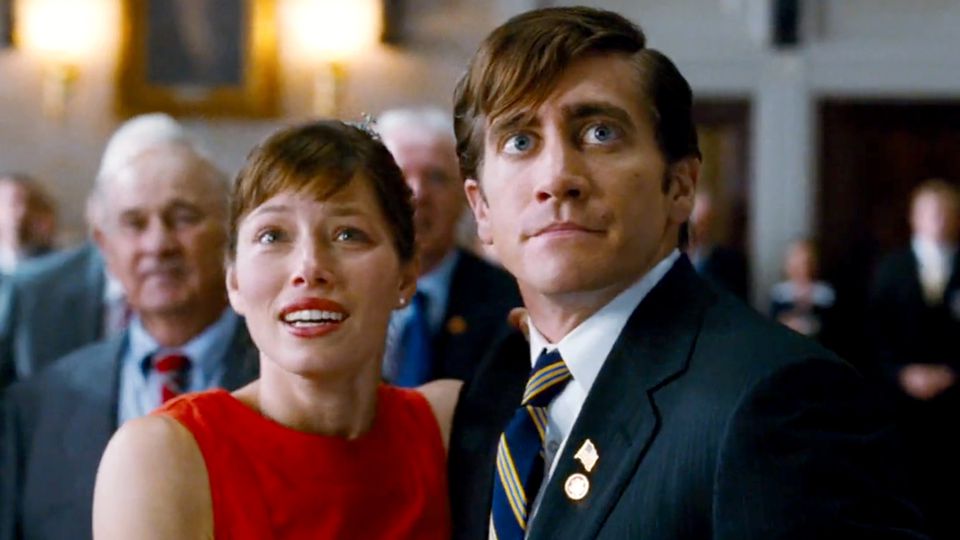
- Pseudonym: Stephen Greene
- Film: Accidental Love (2015)
A film with a cast of mostly A-list actors and actresses like Jake Gyllenhaal, Jessica Biel, Catherine Keener, James Brolin, etc. and steered by a celebrated director like David O. Russell isn’t expected to come out bad, but 2015’s ‘Accidental Love’ turned out to be so terrible that Russell had his name substituted with another in the director’s field – that name being Stephen Greene. The production for this film went down as one of the worst in cinematic history, and it was reportedly due to the 2008 financial recession (though many cast and crew members disagree). From early production 7 years prior to its release, actors walked out due to nonpayment and creative differences, after which the filming was shut down for two years. In 2010, it was pulled out of a foreclosure action by the film’s financier, and Russell was brought back on board, following which he disowned the project, due to the ongoing uncertainties about the completion of the picture and the fact that he was asked to accept 50% pay cuts if he were to continue working. ‘Accidental Love’, a 26 million dollar mammoth, was finally released in theaters in the February of 2015, and was met with strong criticisms as well as a shocking box office reception of just $4,500.
9. Walter Hill
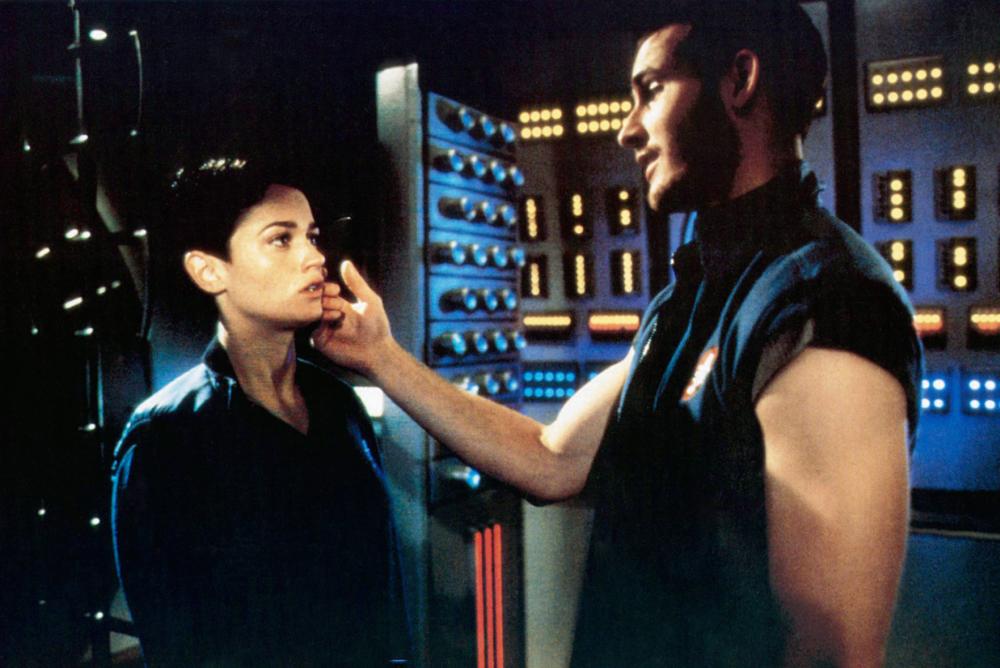
- Pseudonym: Thomas Lee
- Film: Supernova (2000)
Walter Hill’s involvement in the mind-numbingly cliched and poorly stylized picture was reduced to a great extent after a new director Jack Sholder was brought on board. To be fair to Sholder, prior to his recruitment, the film wasn’t doing very well anyway. Hill claimed that the film had terrible special effects backing it up on initial screenings, which were received with fairly high criticism. Due to this, he had heated and continuous arguments with the people over at MGM. Adding to the already existing problems were cheap sets and vital scenes that were cut from the final product. In the end, it looked like a cheap imitation of the original plot which was once called “Hellraiser in outer space”. Walter Hill left the project and he was credited under the name Thomas Hill, a pseudonym chosen primarily because of the ever-growing popularity of Alan Smithee. After his departure, Sholder and film producer Francis Ford Coppola reshot some scenes and completed the picture themselves. The film was released in 2000 and met with box office disappointments (a total gross of about 14 million USD for a 60-90 million dollar film) and was critically panned as well.
8. Kiefer Sutherland
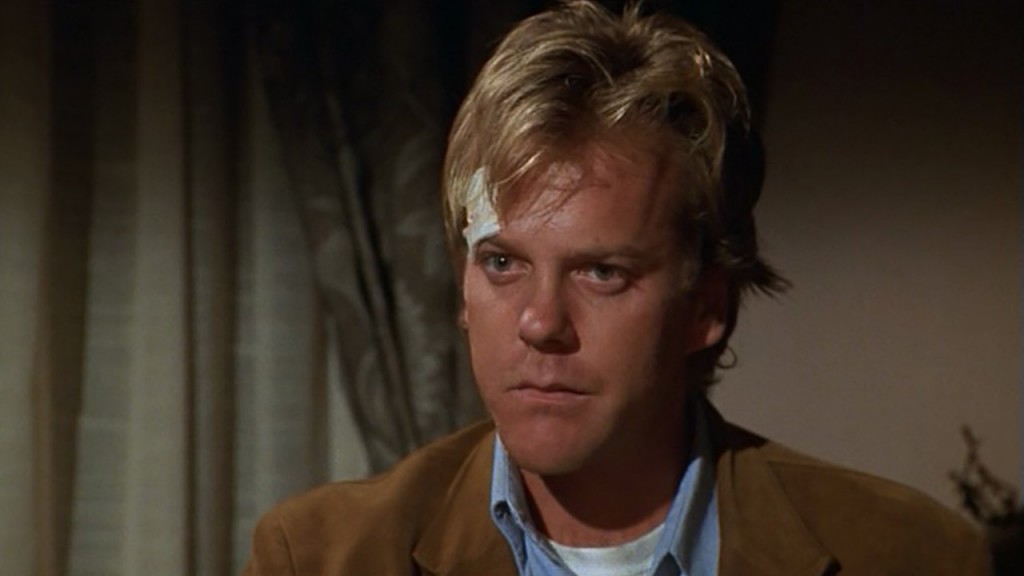
- Pseudonym: Alan Smithee
- Film: Woman Wanted (1999)
‘Woman Wanted’ is a film that proved to be the end of a couple of things. For example, it became the last film to ever bear the fake name Alan Smithee in place of the director’s. It was also the last film that prominent film lead Kiefer Sutherland ever directed. The theatrical release of this picture did have Sutherland’s name on there, but the TV edit did not. This film is just plain boring, and there’s really nothing of merit in both the acting as well as the directing department. It stars Holly Hunter, Michael Moriarty, and Sutherland himself and tells the story of a housekeeper who works for Sutherland’s character as well as his dad’s, who is a widower. It goes on to highlight the tensions that ensue within their relationships to one another, but the bland script and poor execution holds this back from becoming anything worth a watch. Sutherland had had directorial efforts prior to filming ‘Woman Wanted’, but this turned out to be so bad (being a critical and commercial disaster) that he made a decision to never take up the job again. Thankfully, the man is a talented performer and therefore and has sealed his position in the industry as an actor.
7. Noah Baumbach
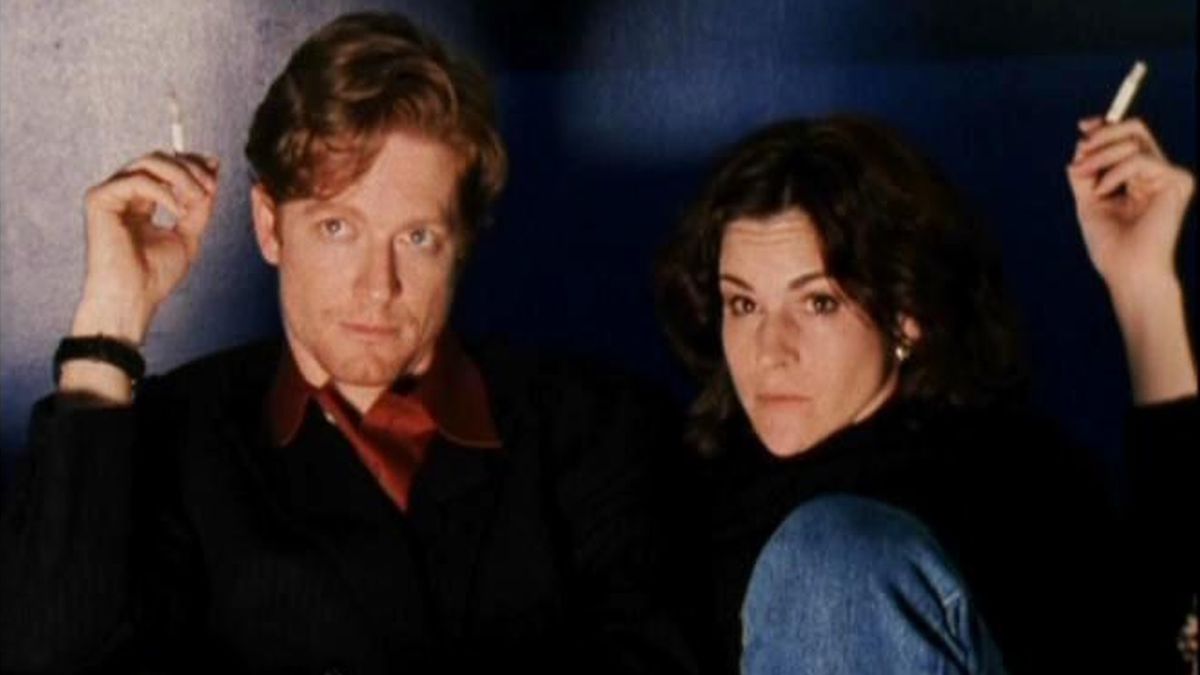
- Pseudonym: Ernie Fusco
- Film: Highball (1997)
The celebrated director of films like ‘The Squid and the Whale’ (2005) and ‘Frances Ha’ (2012) had his roots in independent films, one of which was his 1997 picture ‘Highball’. There were a lot of reasons cited by Baumbach for his abandoning the project. First off, he said that though the script was funny, it was more than the production could handle given the duration of the shoot and the meager budget, and in the end, what came of it was an atrocious product he referred to as a complete “mess”. Though it’s not as bad as he makes it sound to be in my opinion, it is nowhere comparable to the work he’s done since. Baumbach also had a falling out with his producer, who ended up walking out, leaving all the financing responsibilities to the director. After all this hullabaloo, the film was released on DVD without seeking Baumbach’s acknowledgment, which he felt was uncalled for. All these incidents ended in his disowning of the project, in both the director’s and writer’s credits, which were both respectively filled by the pseudonyms Ernie Fusco and Jesse Carter.
6. Paul Verhoeven
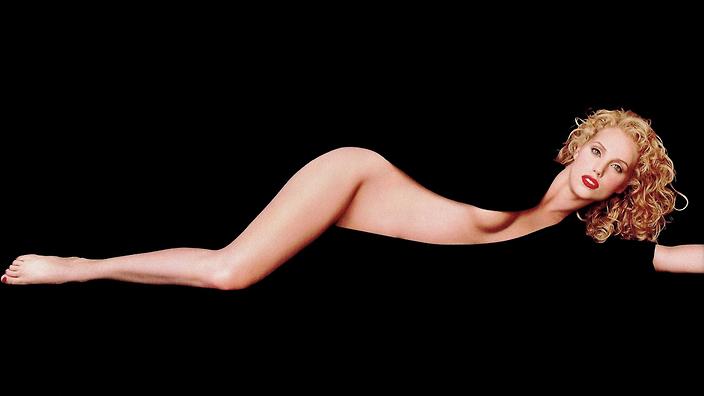
- Pseudonym: Jan Jensen
- Film: Showgirls (1995)
How do you make a bad film worse? You edit it for television, of course! Paul Verhoeven is a talented director, as seen with his early productions like ‘RoboCop’ (1987), ‘Total Recall’ (1990), and more recent works like the critically praised ‘Elle’ (2016). Though he stands by his 1995 film ‘Showgirls’, it was a box office bomb (though DVD and VHS sales proved highly profitable) and critics weren’t too crazy about it either. I personally enjoy bits and pieces of this film, and overall don’t think it is as bad as it is portrayed to be, and celebrities like Quentin Tarantino are of the same opinion. The fact remains that its satirical message wasn’t delivered to most people who viewed the sex-driven movie. The TV version was much worse, because dialogue was poorly dubbed over by people who sounded nothing like the characters they were giving a voice to in order to remove the swear count of the film, and the excessive nudity was covered up with CGI bras that looked unrealistic and almost comical. Many of the film’s explicit sex scenes were cut as well, making it look unintentionally ambiguous and incomplete. Due to these reasons, Verhoeven had his name replaced with the pseudonym Jan Jensen in the credits of this version.
5. Richard C. Sarafian

- Pseudonym: Alan Smithee
- Film: Solar Crisis (1990)
I find Richard C. Sarafian’s film particularly interesting because of its whopping 55 million dollar budget, of which it wasn’t even able to make a fifth following the extremely limited release that it got. The film was obviously released in the hopes of making the headlines and becoming the next ‘Star Wars’, but it lacked the energy and coherent plot that the 1977 epic had. The main reason this film failed to attract its audience was how poorly it was marketed, and even then, those who saw it left the theatre underwhelmed by the experience, if you can call it that. ‘Solar Crisis’ placed too much of its attention on dialogue that basically acted just as a tool for exposition. The characters, played by a respectable trio of leads consisting of Charlton Heston, Tim Matheson, and Jack Palance, failed to connect in any way, shape, or form with its audience. The special effects look very dated for a film that came out in the same decade as ‘Jurassic Park’ (1993). Due to all the fear of all the poor feedback possibly ruining his later career, Sarafian had his name switched with that of the ever popular Alan Smithee.
4. Dennis Hopper
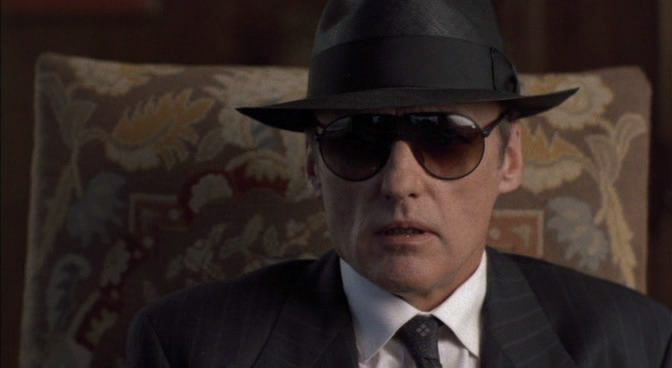
- Pseudonym: Alan Smithee
- Film: Catchfire (1990)
Dennis Hopper was both an accomplished actor and director. With ‘Easy Rider’ (1969), his first directorial effort, Hopper managed to create a film so rebellious in nature that it was hailed by many as the embodiment of everything that defined the 1960s – the aura, the ideals, the mentality, and all that. Following this massive hit, Hopper directed a couple of films that weren’t as appreciated. He is more well-known as an actor, starting out in ‘Rebel Without a Cause’ (1955) and performing his most beloved role as Frank Booth in ‘Blue Velvet’ (1986). His directorial credits are comparatively few, and one notable film of this lot is ‘Catchfire’ (1990). In the same year that he filmed the very enjoyable ‘The Hot Spot’ (1990), Hopper made another film that wasn’t as fun, though he isn’t to blame for the outcome. The distributors of ‘Catchfire’ weren’t too pleased with Hopper’s work that they churned out their own using the same resources – something that the director didn’t like one bit as it was a restriction of his artistic vision. Due to this, Hopper disowned the film using the pseudonym Alan Smithee. A later version made for television (surprisingly) restored the picture in its original format, the one that Hopper initially had worked up in his mind.
3. David Lynch
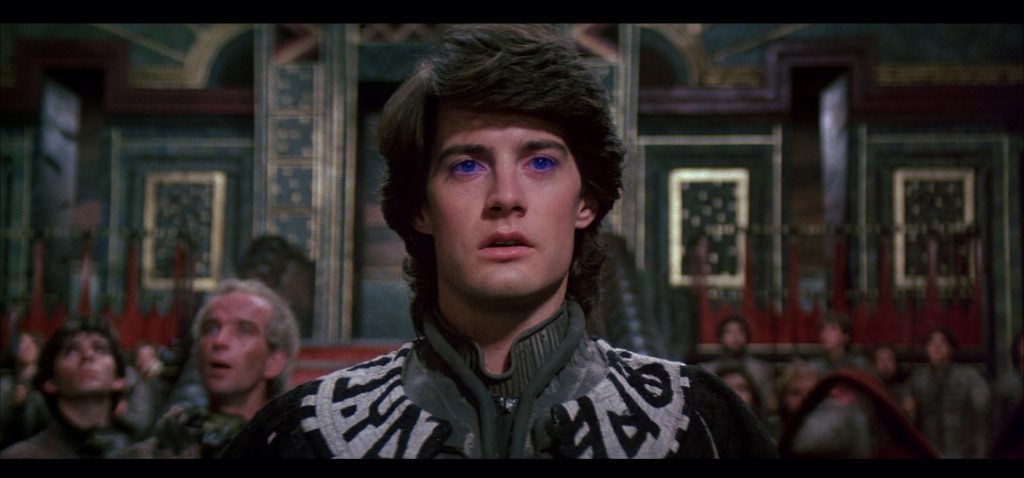
- Pseudonym: Alan Smithee
- Film: Dune (1984)
One of the greatest directors of our time, David Lynch is known for his smart surreal vision, expressed in as detailed a manner in pretty much all pictures that bear his name in the opening credits. ‘Dune’ (1984) was a creative effort that was ruined mainly due to the interference of the studio that backed up the project. A film that was a box office bomb as well as a critical disappointment, ‘Dune’ was expected to be something of an epic due to its rich source material prior to its release. Keeping that in his mind, Lynch presented the studio with his film that ran over 3 hours long, but it failed to impress them and they cut it down to a mere 2 hours length. Later, an extended cut of the picture was released, but this too was not in line with Lynch’s vision, as it sought out ways to spoon-feed and explain the story to its audience using expositional dialogue and choppy editing. Due to all the troubles that occurred in the production phase, the extended cut of ‘Dune’ was ultimately disowned by David Lynch, who replaced his directing credit with Alan Smithee, and screenwriting credit with Judas Booth, referring to Judas Iscariot, the biblical figure, and John Wilkes Booth, both known for committing acts of a deadly and betraying nature.
2. Kevin Yagher
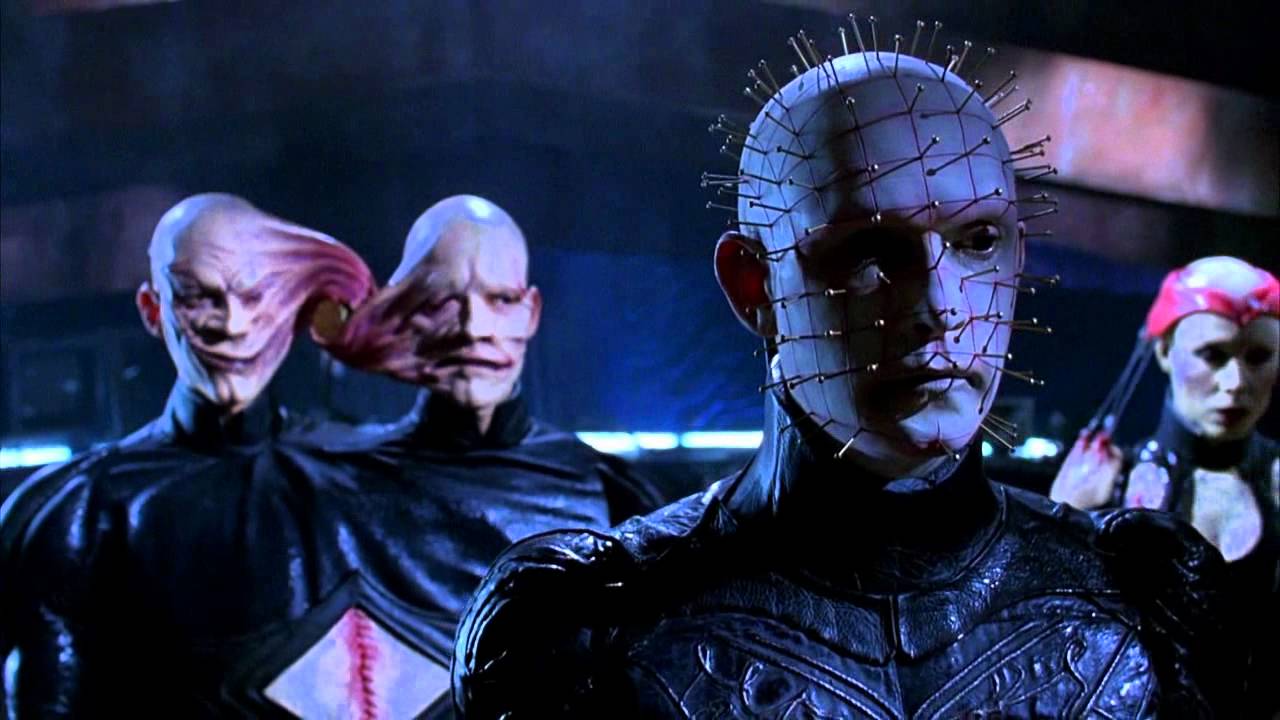
- Pseudonym: Alan Smithee
- Film: Hellraiser: Bloodline (1996)
There’s a reason as to why there exist only 4 Hellraiser films in a series that probably would’ve gone on to produce more movies otherwise, and that is plainly because the fourth one, ‘Hellraiser: Bloodline’ was so terrible that even the original director of the film, Kevin Yagher, disowned it. He had his reasons, and they were similar to what most filmmakers who use a pseudonym to cut associations with a project cite as theirs. Yagher’s vision for the picture was one that was a lot darker and grittier than what had come of the final film, almost to the point of a horror feature, something that would’ve worked great for a movie of this type in his opinion. However, the studio made changes in the script without consulting him and gave unnecessary prominence to the villain character, an action that Yagher was against doing long before. Because of this, he quit working for the film and had his position credited to Alan Smithee. A different director, Joe Chappelle, took over and completed the movie without having his name up in the credits. This incident went on to become one of the more popular uses of the pseudonym, and the picture has since developed something of a cult following due to how bad it is.
1. Arthur Hiller
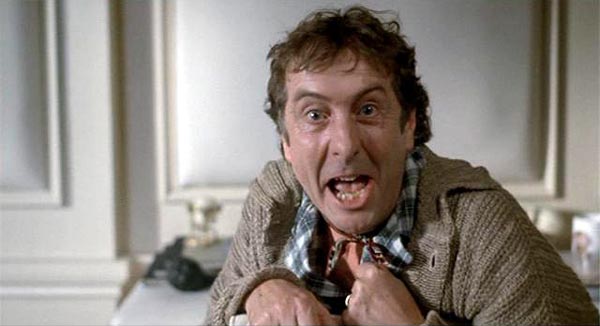
- Pseudonym: Alan Smithee
- Film: An Alan Smithee Film: Burn Hollywood Burn (1998)
While I am of the opinion that this film gets hated on more than it deserves, not even the director of ‘Burn Hollywood Burn’ was particularly fond of the final product. Joe Eszterhas, the screenwriter behind films like ‘Showgirls’ and ‘Basic Instinct’, presented this movie as the story of a director named Alan Smithee who wishes to disown his film due to studio interference, but finds it hard to do since his name bears a striking similarity to the popular pseudonym. The film fails to hit most of its marks, but it can be enjoyable if seen in the right mood. Unfortunately, it bombed at the box office and was panned critically. The director, Arthur Hiller, was never a fan of the cut of the film that was sent to theaters as it wasn’t his, but Eszterhas’, which the studio found comparatively more marketable. Hence, he changed his credit in the film to that of Alan Smithee. In short, ‘An Alan Smithee Film: Burn Hollywood Burn’ is a film directed by Alan Smithee about a man named Alan Smithee who cannot use the pseudonym Alan Smithee as his name was, unluckily, Alan Smithee. One can only imagine the bitterness that these decisions caused. The film made the Smithee sobriquet popular, which led to its removal from cinema in 1999, Still, it’s nice to think of this fake name that died at 30 years as a helping hand for directors who wanted to rebel, who wanted the world to see what they did, and who genuinely loved the work that they were doing.

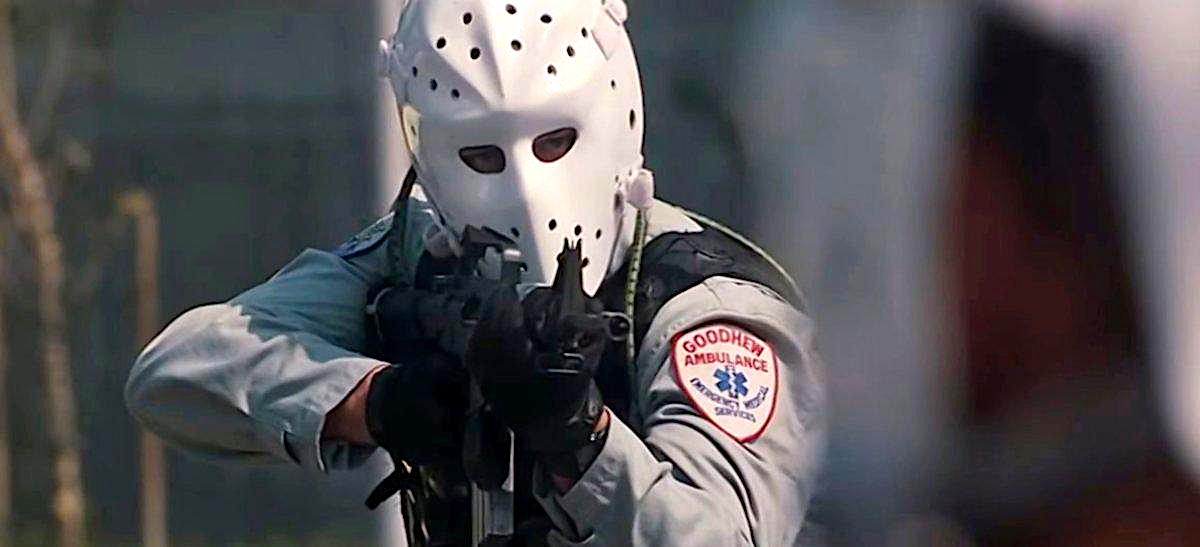
You must be logged in to post a comment.